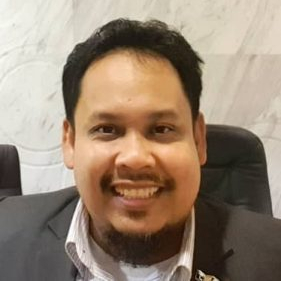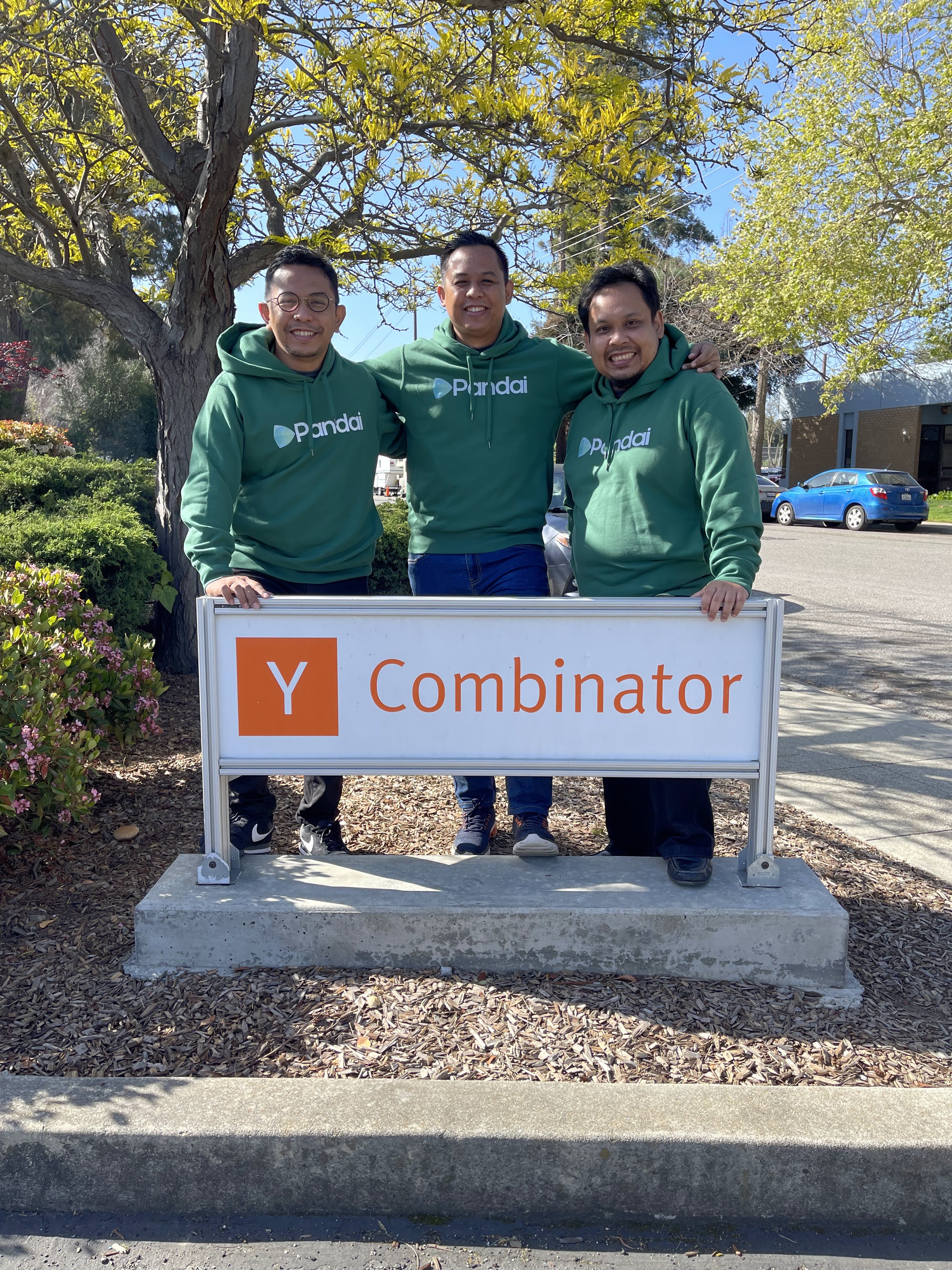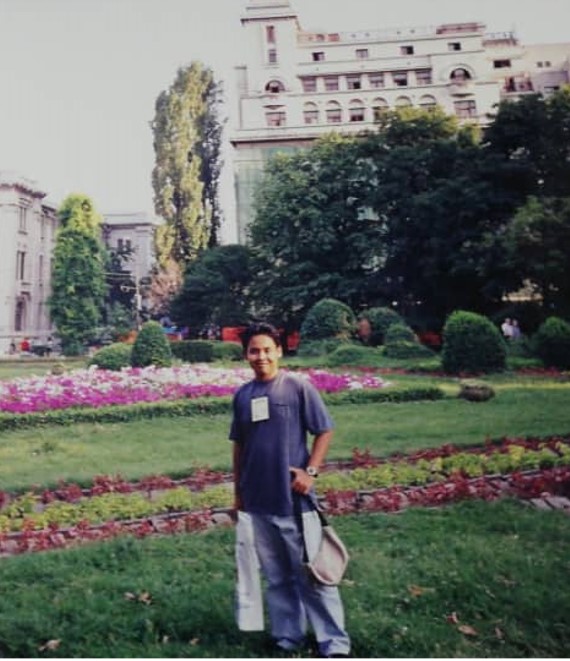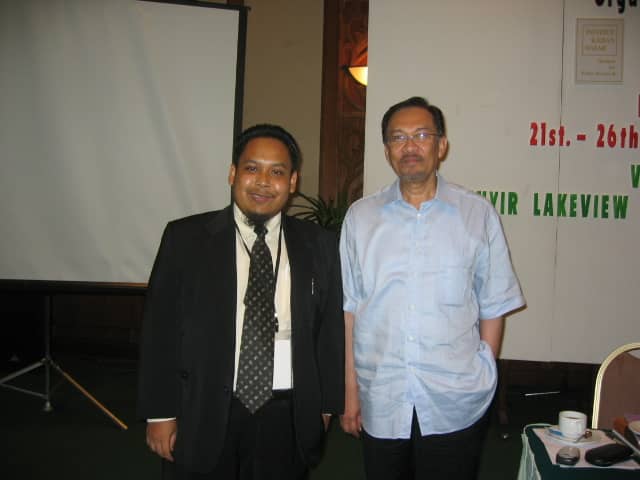Being a serial entrepreneur is a typical MIT/Stanford trope.
Just like kids looked up to astronauts in the ’60s and ’70s, millennials like me looked up to successful tech entrepreneurs as our heroes when we were younger. I remember back in college (in the early 2000s) there seemed to be a hackathon, a business pitch contest, or some boot camp taking place on campus every other week. Y Combinator launched at MIT — their first batch in 2005 included Reddit, Twitch, and Sam Altman (of OpenAI fame). To think that I was really on the same physical grounds when it all started.
I, however, was often alone in my room during my undergrad years, either busy proving math theorems or doing math homework, impervious to all the tech happenings around me. I did not even take a single coding class in college, let alone learn how to build apps/software. To graduate, I had to take classes from 12 different departments, but I don’t remember taking any classes that were programming-heavy (I took the famous 6.001, an intro to programming course, but dropped mid-semester).
Hence, it is quite ironic that I became a serial entrepreneur, while many of my friends from college are working at FAANG (or other tech companies), investment banks, consulting firms, and other places.
Being a serial entrepreneur might sound glamorous, but the reality is much more mundane. The life of a serial entrepreneur is a plodding journey. Exciting at times, but on most days, we work as usual just like any other office-based employees.
The tl;dr version of my entrepreneurial journey:
2007: founded Aidan Group, of which the two operating companies are ArdentEdu and AidanTech
2010: started Lot.my, an e-commerce platform
2014: started BinaMinda, a franchisee tuition center
2019: started Pandai, an online education app.
Some of the companies are still doing well, and some of them closed down. I did not mention some of the smaller ventures I dabbled in. I ventured into, among others, an online coupon platform (at the time, Groupon was the shizzle), a food trading business, an autonomous vehicle startup, and an online bookseller. These never got past the initial stage.
I want to write about my experience starting and operating these companies, but in a true procrastinator’s fashion, let’s do it on another day.



